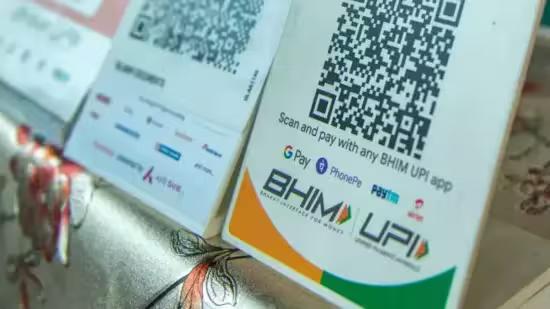
Trinidad & Tobago becomes the first Caribbean nation to adopt UPI
In a significant step towards deepening economic ties and promoting digital payments, Trinidad and Tobago has become the first Caribbean country to adopt Unified Payments Interface (UPI), India’s flagship digital payment platform. This development is expected to have a transformative impact on the country’s financial landscape, making it easier for citizens to conduct transactions and businesses to operate efficiently.
The agreement to adopt UPI was reached during Prime Minister Narendra Modi’s two-day official visit to Trinidad and Tobago, where he met with his counterpart, Prime Minister Keith Rowley. The two countries also agreed to explore further collaboration in the implementation of India Stack solutions, including DigiLocker, e-Sign, and Government e-Marketplace (GeM).
UPI, which was launched in India in 2016, has been a game-changer in the country’s digital payments landscape. With over 1.3 billion users, UPI has enabled seamless and secure transactions between banks, e-commerce platforms, and other financial institutions. The platform’s success has been attributed to its ease of use, speed, and simplicity, making it an attractive option for consumers and businesses alike.
The adoption of UPI by Trinidad and Tobago is a significant development in the country’s efforts to promote digital payments and reduce cash transactions. The country is known for its vibrant economy, with a strong focus on energy, manufacturing, and tourism. The adoption of UPI is expected to boost the country’s digital economy, making it easier for citizens to conduct transactions and businesses to operate efficiently.
According to reports, the adoption of UPI by Trinidad and Tobago is part of a larger plan to integrate India’s digital payment infrastructure with the Caribbean region. The two countries have agreed to collaborate on the implementation of India Stack solutions, including DigiLocker, e-Sign, and GeM. These solutions are designed to promote digital governance, simplify business processes, and increase transparency and accountability.
DigiLocker is a digital locker service that allows citizens to store their documents and certificates in a secure and tamper-proof environment. e-Sign is an electronic signature platform that enables businesses to sign documents digitally, reducing the need for physical signatures. GeM is an e-marketplace platform that enables businesses to procure goods and services from a single platform.
The adoption of UPI and India Stack solutions by Trinidad and Tobago is expected to have a positive impact on the country’s economy and society. It will enable citizens to access a range of financial services, including banking, insurance, and pensions, in a secure and convenient manner. It will also enable businesses to operate more efficiently, reducing the need for physical transactions and paperwork.
The adoption of UPI by Trinidad and Tobago is a significant development in the country’s efforts to promote digital payments and reduce cash transactions. It is a testament to the country’s commitment to embracing digital technology and its willingness to collaborate with other countries to promote economic development.
In conclusion, the adoption of UPI by Trinidad and Tobago is a significant development in the country’s efforts to promote digital payments and reduce cash transactions. It is a testament to the country’s commitment to embracing digital technology and its willingness to collaborate with other countries to promote economic development. As the country moves forward, it is expected that the adoption of UPI will have a transformative impact on the country’s financial landscape, making it easier for citizens to conduct transactions and businesses to operate efficiently.
Source:






